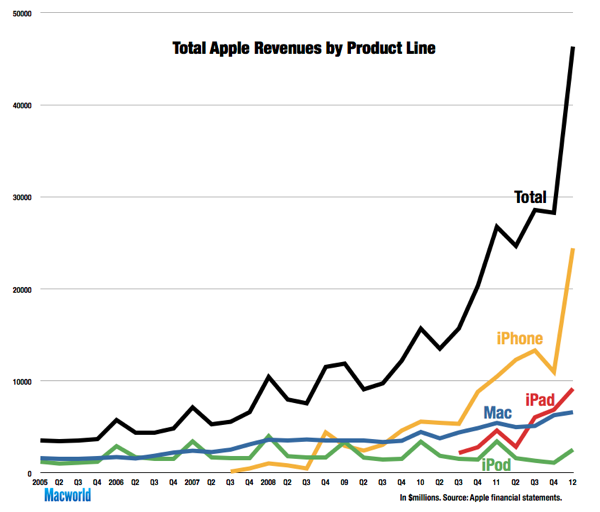Megaupload made a LOT of money distributing content which they did not hold the copyrights for. Which means, THEY made money, the authors and publishers and illustrators and musicians – DID NOT.
…
You’re also wrong about the ownership of ideas. True, one person cannot ‘own’ an idea, but he does own the rights for the manifestation of that idea. If you wrote a book – even if it’s the same old story – it’s still something you’ve created for other people to enjoy… if you want to do it for free, it’s your choice! But the world should not FORCE you to do so. That’s why there are copyright laws – we are going to see a whole lot less quality content because of two very big movements:
from Pachino on a comment on Paulo Coelho’s blog
My reply&comment:
You’re missing the point there. Yes, megaupload made money of allowing the download of “free” works. You’re absolutely right on that. And yes, no one paid the authors. Yet why didn’t the authors, publishers & producers got in on megaupload model of business? They could perfectly well have said: “here’s our works, sell them as a part of a cheap 20$ for 25GB of download up to 3 months, no DRM. Pay us the percentage of income.” or even just the percentage of the advertising business.
That would be a simple deal. The consumer knows he’s doing a “legit” business, paying the persons he respects and admires, megaupload would get paid by providing the interface, and the sheer convenience of the whole thing would make people join the idea and spend their money there.
I prefer ten thousand times to pay for my content and get it all nice and clean and properly tagged, with a nice pdf booklet or stuff and to go somewhere “nasty”, full of popups and strange hacks, and never having certainty of what i’m downloading.
But you know what i don’t like? being treated like a criminal moron. Having to spend 10 minutes reading FBI warnings, about me pirating the movie i just bought, or watching unstoppable & unskippable trailers. Or waiting 2 years for the movie that i want to see becomes available in my “geographical dvd” area. Or paying over 25$ for the recording of a music performed by a maestro, orchestra and composer dead over decades¢uries ago. Or not even having the “privilege” to get those works because the editor, publisher or distributor couldn’t care less.
You know what else i don’t like? That if i develop a new combustion engine, or a new cancer vaccine or a new pain killer, or even a new kind of prosthetic material, i get to have the “monopoly” of those “idea fixations” for exactly 20 years. no more. And i have to pay for them in every country in the world. And if it is health related, i will probably spend half of those 20 years doing mandatory safety tests. And somehow, this other guy that “recycles” a impossible love story into book or films, a little folk tune in to a techno music gets to have his life plus 70 years. I’m sorry can you somehow explain to me what possible benefit can came to society from that aberration?
And now you say, “well it’s our god given right! to the ownership of our creations!” Well, sorry, it’s not. The intellectual property laws were enabled and created by the Society, to promote the general development of arts and science because that would in turn benefit the Society. The purpose of the intellectual property laws is not to pamper rock stars or authors or even geeky engineers and chemists, but to benefit the society! That is its ultimate goal. The way how it is done, is a reflection of the ways available on their time.
And here we are, somewhere on the fifth/sixth millennium of human civilization, provided with the most magnificent tool of creativity and information distribution since the Gutenberg’s Press or the alphabet and writing, and there’s some ten thousand schmucks (all of the antiquated publishers and some silly artists) trying to stop the movement and development of rest of the seven billion of us. How do you guess that’s going to end?


